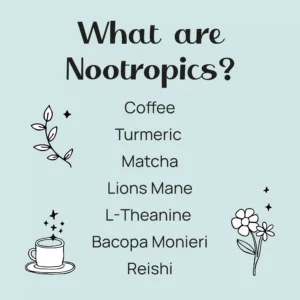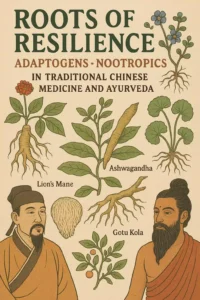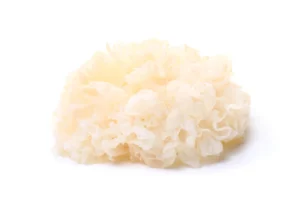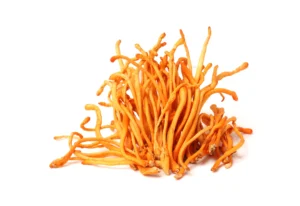
Unlocking Nature’s Pharmacy: An Intro to Adaptogens & Nootropics
Feeling drained, stressed, or struggling to focus? You’re not alone. In our search for balance and mental clarity, many of us are turning away from quick fixes and looking towards time-tested, natural solutions. Enter the powerful world of adaptogens and nootropics—nature’s own allies for resilience and brainpower.
Let’s break down what these are and how they can elevate your well-being.




